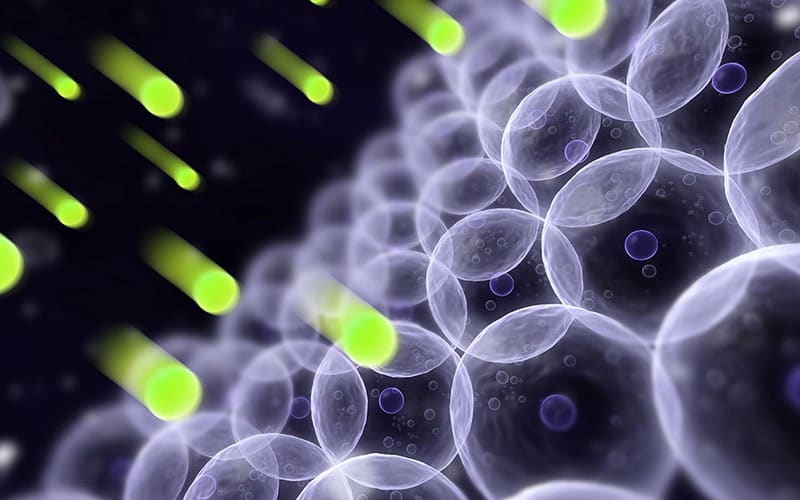Pumpkin seeds, or pepitas, refer to the edible seeds of pumpkins or specific squash cultivars. They’re often asymmetrically oval and flat, covered by white outer husks, and green on the inside. They’re a popular ingredient, especially in Mexican food. Some treat them as tasty snacks. However, they’re also known for their long and storied nutritious use, dating back thousands of years across many different cultures.
In China, it had once been used as a traditional anthelmintic medicine to expel specific parasites, such as tapeworms like Taenia. Modern science has also confirmed that these seeds possess remarkable nutrient profiles that may benefit various health aspects. It’s because they’re rich in protein, unsaturated fatty acids, minerals, and vitamins. Because they’re potent sources of nutritional value, they may even reduce the risk factors for specific chronic conditions.
Most specialty food retailers and grocers sell pumpkin seeds roasted, spouted, or raw, and they’re relatively easy to procure. However, they also have a high fiber and calorie content, so it’s a good idea to carefully limit portions of their consumption so you can manage your weight and avoid gas, bloating, and constipation. Here are some benefits of pumpkin seeds.
Protects Against Free Radicals

Free radicals refer to unstable atoms constantly being formed in the body, and are associated with various diseases and aging as they break cells over time. As you age, your body begins to have a tougher time combating the effects of these molecules, leading to an increase in oxidative stress, greater damage to your cells, and the occurrence of degenerative processes. Many theories and studies have linked free radicals and oxidative stress to nervous system diseases, cardiovascular conditions, inflammatory and autoimmune disorders, diabetes, age-related changes, and degenerative genetic illnesses.
While the body naturally produces free radicals, specific lifestyle factors may accelerate their growth. These include chemical exposure like pollution and pesticides, smoking, consumption of alcohol, and fried foods, to cite a few examples. Since these factors have also been connected to cardiovascular disorders and cancer, oxidative stress may be the reason the substances can trigger the disease. However, it’s possible to slow down and prevent damage with antioxidants.
Also referred to as free-radical scavengers, these substances can be found in specific plant-based foods. One such example is pumpkin seeds, which have been found to be rich in antioxidant content. They can protect you against disease-causing damage from free radicals.










